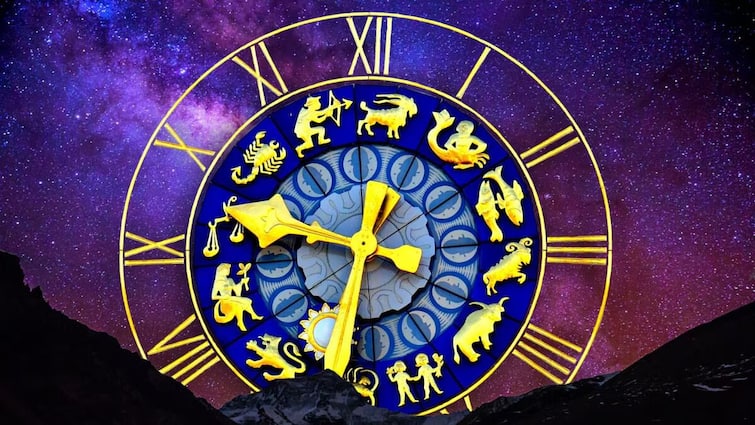While Russia continues to wage its war on Ukraine, more than a dozen Russian drones entered Poland overnight, prompting Nato to scramble fighter jets to shoot them down. The whole incident led to the invocation of Article 4 of Nato, which calls for consultation over military matters when “the territorial integrity, political independence or security of any of the parties is threatened.”
What made the incident significant was the fact that this was the first time in the history of Nato that the alliance had to engage enemy targets in allied airspace. “We are dealing with a large-scale provocation,” Donald Tusk, Poland’s prime minister, said. “The situation is serious, and no one doubts that we must prepare for various scenarios.”
Details of the incursion remain murky. It is still unclear whether Moscow had intentionally sought to expand the conflict. Meanwhile, photos of some of the drones online appear to show unarmed dummies, which are often sent to fool Ukrainian air defences. Of the nine drones found so far, all were unarmed dummies, called Gerbera drones, a spokeswoman for the prosecutor’s office in Lublin in eastern Poland told the local reporters on Wednesday.
Nato pledges to support Poland
Soon after Russian drones were spotted in Polish airspace, Nato air forces scrambled to confront the incursion. According to The New York Times, the Western alliance sent Polish F-16 fighters, Dutch F-35 fighters, German Patriot air defence systems and an Italian AWACS surveillance aircraft.
It is pertinent to note that Russian drones have crossed into Poland before, including twice last week. However, the scale of infiltration and the joint Nato response were a startling reminder of the risk that the war in Ukraine could escalate into confrontation between Russia and Nato.
While Polish and other Nato officials said that they are awaiting the results of a military assessment before making conclusions and deciding on an overall response, the alliance vowed to stand with its member nation. In a news conference, Rutte said Russia’s intentions were beside the point. “It is absolutely reckless. It is absolutely dangerous.”
Addressing Russian President Vladimir Putin, Rutte said, “Stop the war in Ukraine. Stop the escalating war, which he is now basically mounting on innocent civilians and civilian infrastructure. Stop violating allied airspace. And know that we stand ready, that we are vigilant, and that we will defend every inch of Nato territory.”
It is important to note that by invoking Article 4 of the Nato treaty, Poland can now bring the issue before the North Atlantic Council, the alliance’s principal decision-making body. Since the founding of Nato in 1949, Article 4 has been invoked seven times. Most recently, it was on February 24, 2022, the day Russia launched its full-scale invasion of Ukraine.
What Trump has to say on the matter
Later on Wednesday, US President Donald Trump weighed in on the matter, asking on his social media site, “What’s with Russia violating Poland’s airspace with drones? Here we go!” However, he did not elaborate and did not mention what the US will do over the matter.
Just a few weeks ago, Trump and the White House celebrated what they described as a “diplomatic win” after the Potus and his Russian counterpart met in Alaska. However, no subsequent progress has been made in terms of a peace deal between Russia and Ukraine, drawing ire from Trump.
Earlier this week, Trump, not for the first time, threatened tougher measures against Russia and said he was prepared to move on to a “second phase” of sanctions. However, Trump has been known for going light on Russia, with his previous sanction threat not materialising into actual sanctions.
Instead, the Trump administration has been targeting Russian allies, especially India. In July, Trump announced nearly 50 per cent tariffs on Indian goods after complaining about New Delhi’s purchase of Russian oil. In response to this, India pointed out Washington’s duplicity of standards, insisting that no such measures have been taken against China, even though it purchases more oil from Russia.
Russia gives a confusing response
Meanwhile, Russia has been delivering mixed messaging over the matter, sowing confusion. Initially, a top general from Russia’s ally, Belarus, issued a statement which framed the episode as an “accident” caused when the drones veered off course after encountering electronic warfare measures.
Later, Kremlin spokesperson Dmitri Peskov refused to comment on the matter but accused the leaders of the European Union and Nato of levelling accusations against Russia “on a daily basis” without providing evidence.
Soon after this, Russia’s defence ministry said it had “not planned” to hit any targets in Poland and suggested that Poland was out of range of Russian drones, which is not true. Hence, it remains unclear how West will react to Russia’s latest provocation.
End of Article

)

